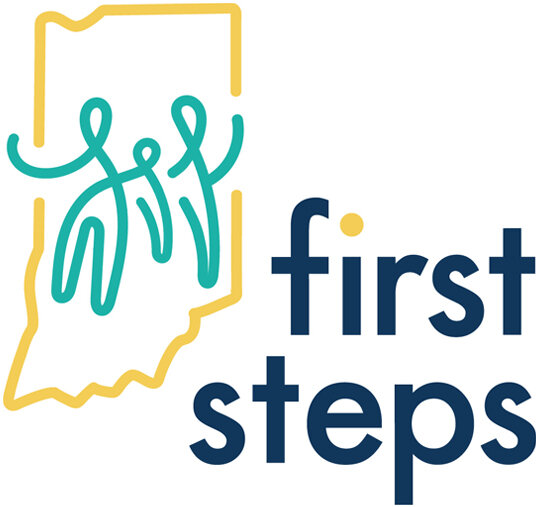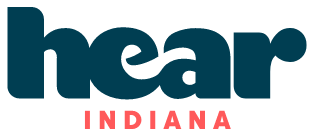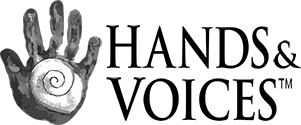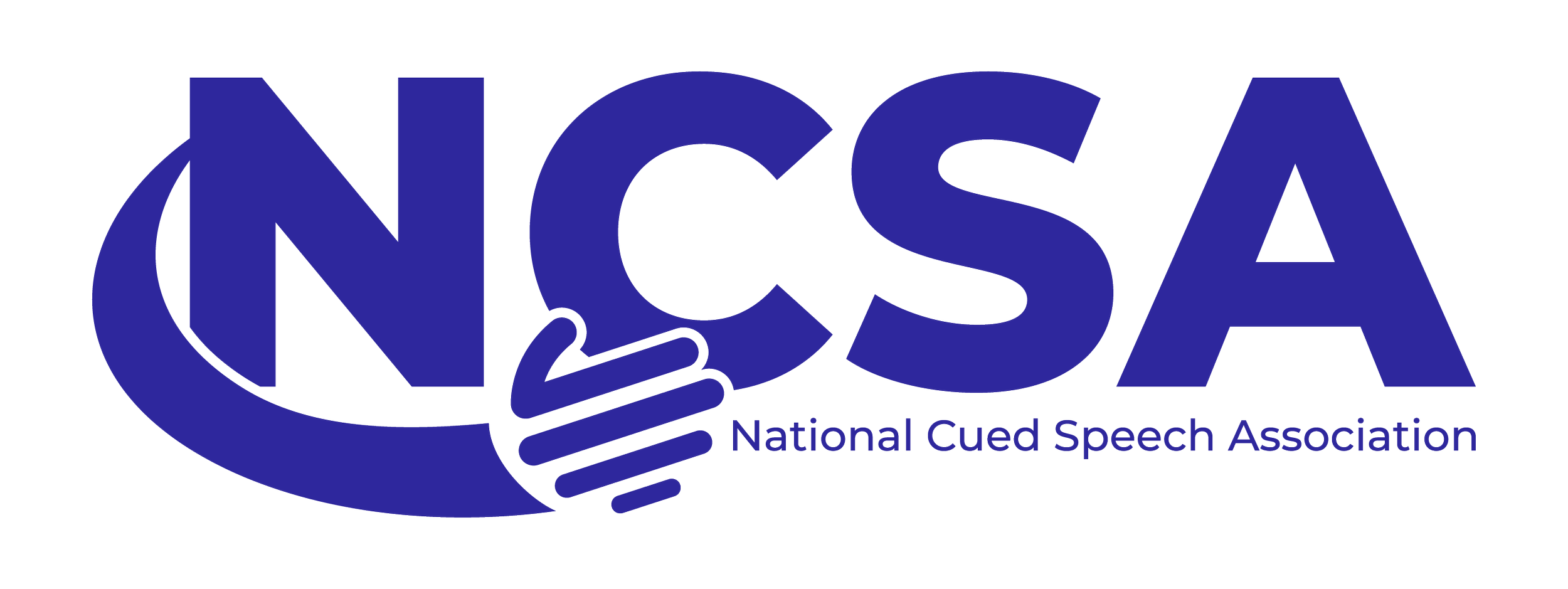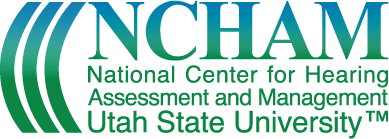The Journey - Documents for Families with New Diagnosis
You're not alone. Mariana shares her story of how her son was diagnosed with hearing loss.
Hearing Level - the Audiogram
Have you heard of the 'speech banana'? This is it. The yellow banana-shaped area on the audiogram shows the hearing levels needed to detect the sounds shown.
Communication Considerations
A short list of factors to consider when choosing how to communicate with your child.
This questionnaire is designed to guide your family in considering communication development based on your families needs and goals, in preparation for an IFSP.
Deciding which communication method(s) will be best for your child can be stressful. This guide from the CDC will help you learn about different communication options so that you can make the best decision for your family.
Supports & Services
Listing of Tools and Assessments recommended by HEA 1484 to use for language progress monitoring of deaf or hard-of-hearing children.
A guide to help parents understand the roles and services that are available to families of deaf and hard of hearing children.
General suggestions too help guide families in the topics they may want to address.
Sample form, used to create the IFSP.
Questions to help determine the effectiveness of your early intervention program.
Our YouTube channel contains past presentations from our EHDI Family Conference, with translations in Spanish.
This is a plan, developed by a partnership between Indiana Early Hearing Detection and Intervention (EHDI) and Guide By Your Side, to help families record and plan for services from First Steps.
One mom’s experience with teletherapy.
Tip sheet about teletherapy.
Back to School
Printable to give to day care providers to help the person providing child care to better understand the challenges and special needs of the child with hearing loss.
Printable to introduce your child to a new teacher.
Printable to introduce your child to a new teacher.
The Utah State University Listening and Spoken Language program, Sound Beginnings, launched in 2007 to help children with hearing loss reach their potential for academic and life success. Since then, we have conducted multiple studies to better understand parent experiences and professional practices. We have also begun translating what we and others have learned into user friendly materials for parents of children who are deaf or hard of hearing, as well as those who care for and work with them.
The Hear to Learn website was developed to house these resources, bring people together, and foster a community of learning. We have had the opportunity to work with many individuals - students, parents and other professionals, passionate in their desire to help children succeed. Many of whom are acknowledged by name on resources, materials, and publications.
We appreciate the creativity, expertise, and dedication of our USU graduate students, and thank them for their valuable contributions to this learning resource.
At Hearing First, we want all children to have the opportunity to take advantage of access to sound – to power their potential to be whatever they want to be.
Ears are the doorway to the brain and hearing is the foundational building block for children to listen and talk, become healthy readers, and do well in school. We know that early learning is critical to a child's language development and lifetime success. For children who are deaf or hard of hearing to have the same opportunities as their hearing peers and to capitalize on the early period for brain development, they must be able to take advantage of today's resources and technology to access sound.
Our mission is to help families ensure their child who is deaf or hard of hearing has opportunities to reach their full potential through listening and spoken language. We're here to support families through the critical early days and along their journey raising their child, whenever they have questions or just need to connect with someone.
CADRE's major emphasis is on encouraging the use of mediation, facilitation, and other collaborative processes as strategies for resolving disagreements between parents and schools about children's educational programs and support services. CADRE supports parents, educators, administrators, attorneys and advocates to benefit from the full continuum of dispute resolution options that can prevent and resolve conflict and ultimately lead to informed partnerships that focus on results for children and youth.
Student Expectations for Advocacy & Monitoring Listening and Hearing Technology
A checklist of expectations showing expected participation/consistent skills by grade level.
This printable from ‘Audiology Outside the Box’ can help remind older students how to advocate and problem-solve.
Apps are a convenient, brain-based, motivational learning strategy for parents and professionals working with students with hearing loss. Within our field there are multiple uses for apps such as language, literacy, auditory and self-advocacy skills development.
A classroom resource that empowers kids of different ages to talk about their hearing loss. This PowerPoint template consists of about 30 slides that students with hearing loss can personalize to present to their classmates.
The CDHHE can provide audiology services, appropriate assessments for DHH children, and is a resource for learning more about Early Intervention (EI) and Deaf Education.
Indiana Children’s Special Health Care Services (CSHCS) provides supplemental medical coverage to help families of children who have serious, chronic medical conditions, age birth to 21 years of age, who meet the Program’s financial and medical criteria, pay for treatment related to their child’s condition.
Disability Legal Services of Indiana, Inc. (DLSI) is a nonprofit 501(c)(3) organization dedicated to providing free and low cost legal services to Indiana’s children and adults with disabilities, primarily in education matters.
Our Indiana EHDI Program ensures that all babies are screened for hearing loss, and follows up with families whose child did not pass the hearing screening to ensure that they have the supports they need. Their website contains contact information, legislation information, and there is a section for Information for Families with some great resources.
Indiana First Steps provides Early Intervention (EI) services to children below the age of 3.
Located in Indianapolis, Hear Indiana provides listening and spoken language services to deaf and hard of hearing infants and children. Services include audiology and speech therapy.
An advocate for more than 400,000 Hoosiers, the IAD is committed to improving the education of children who are born Deaf, and offers ASL courses and a D.E.A.F Network to share information and raise awareness about Deaf people.
Indiana Family to Family provides information, training, and one-on-one support to Indiana families of children and youth with additional health and education needs, and the professionals who serve them. We aim to provide families with tools to make informed decisions, advocate for improved systems and policies, and build partnerships between professionals and families.
Equipping families & partnering with professionals to help students with special needs realize their potential.
The Indiana Protection and Advocacy Services (IPAS) Commission is the governing authority of Indiana Disability Rights. The Commission is responsible for assuring adequate legal and advocacy services for the protection, promotion, and empowerment of the rights and interests of individuals with disabilities throughout Indiana.
The Indiana School for the Deaf Community promotes academic and social excellence for Deaf and Hard of Hearing students aged 3 through 22 through a bilingual environment.
St. Joseph Institute is a leader in providing LSL services to children and families. We partner with local schools, state agencies, and both local and national organizations to make highly specialized professionals available to Indiana families. We are partners in the CDHHE Network, providing LSL early intervention (birth to three) services in your home anywhere across the state of Indiana through First Steps. Preschool and primary programming is available for students in Central Indiana through our Indianapolis location. Mainstream services can support students and school districts through Teacher of the Deaf direct services and professional training
Usually offers online ASL classes twice per year.
Total Communication information for parents.
The NCSA supports a community of cuers who have come together to promote language accessibility through Cued Speech. Some of us are native cuers. Some are parents of children who are deaf and hard of hearing (D/HH) or need visual access to language. Some are professionals who work with those who are D/HH or need visual access to language.
The S.E.E. Center at ESC Region 13 provides quality training and support for those who want to learn or improve their Signing Exact English skills. We also offer ESSE training and testing for state certification of Educational Interpreters.
Using Signing Exact English (S.E.E.) and oral communication we prepare deaf and hard-of-hearing children to be self-confident, articulate and academically competitive learners, and engaged community members.
The Cue College vision is to enable every deaf child to have easy and effective communication in the spoken language of the home and community, from infancy through adulthood, providing each with the necessary foundation for attaining age-appropriate language and literacy levels and full educational and career opportunities.
ASL Connect aims to equip individuals to be lifelong learners through an equity-centered, immersive virtual learning environment from Deaf professionals with multicultural backgrounds, to transform the world for greater human CONNECTions.
ASL Connect welcomes people from diverse communities to CONNECT to the richness of American Sign Language and Deaf culture with the aspiration that they will be agents of change for equality and respect for the Deaf community.
Our national website is a wealth of information for families of deaf and hard of hearing children.
These are some of the questions we have encountered from parents of children who are deaf and hard of hearing children early in the journey. You likely have many more questions to ask. Knowing the tremendous value in learning from adults who are deaf and hearing, families can explore these links with a wealth of diverse perspectives through stories, articles, websites and research on this page.
A.G. Bell wants all families to be informed and supported, professionals to be appropriately qualified to teach and help children with hearing loss, public policy leaders to effectively address the needs of people with hearing loss, and communities to be empowered to help their neighbors with hearing loss succeed.
Since 1967, ASDC has been supporting parents of children who are deaf and hard of hearing. We believe that deafness is not a disability, but language deprivation is. That’s why it’s our mission to ensure that every deaf child can learn sign language from the very start.
BabyHearing.org is brought to you by a team of professionals at Boys Town National Research Hospital. We are: Audiologists, Speech-Language Pathologists, Teachers of the Deaf, Geneticists, and Parents of Children who are Deaf or Hard of Hearing. This website was originally developed with support from the National Institute on Deafness and Other Communication Disorders.
A video resource guide:
Listen to Me! Strategies in Action - A guide for learning strategies to support Listening and Spoken Language (LSL) outcomes for children with hearing loss.
This site links you to information, resources, and services for children with hearing loss. At the heart of EHDI-PALS is a national web-based directory of facilities that offer pediatric audiology services to young children who are younger than five years of age.
John Tracy Center provides parent-centered services locally and globally to young children with hearing loss, offering families hope, guidance, and encouragement.
The Laurent Clerc National Deaf Education Center is a federally funded institution offering exemplary academic programs to the diverse population of deaf and hard of hearing students across the nation by providing early intervention services, sign language classes, and uniquely designed resources for deaf and hard of hearing communities.
The National Association of the Deaf (NAD) is the nation’s premier civil rights organization of, by and for deaf and hard of hearing individuals in the United States of America.
The NASDSE Optimizing Outcomes for Students who are Deaf or Hard of Hearing Educational Service Guidelines is a document created for State Directors of Special Education, to supplement and update the information needed by teachers, leaders, families, school instructional personnel, and other stakeholders to have the knowledge, skills, and vision to help children to be successful.
The National Genetics Education and Family Support Center (Family Center) works to increase access to genetic services by promoting and strengthening family engagement in the genetic health care delivery system.
(((NCHAM serves as the National Technical Resource Center for the implementation and improvement of comprehensive and effective Early Hearing Detection and Intervention (EHDI) systems.
Pathways provides free, trusted resources so that every parent is fully empowered to support their child’s development, and can take advantage of their child’s neuroplasticity at the earliest age.
Supporting Success for Children with Hearing Loss began in 2011 with the goal of creating an ‘umbrella website’ for teachers of the deaf/hard of hearing. Supporting Success was built on the concept of making practical information readily available, resulting in the current resource-packed website.
Non-profit dedicated to learning and thinking differences.
Parents, educators, advocates, and attorneys come to Wrightslaw for reliable information about special education law and advocacy for children with disabilities.
BEGINNINGS for Parents of Children Who are Deaf or Hard of Hearing, Inc., has served families as a non-profit organization, incorporated under the laws of NC, since 1987. BEGINNINGS was established to provide emotional support and access to information as a central resource for families with deaf or hard of hearing children, age birth through 21. BEGINNINGS provides an impartial approach to meeting the diverse needs of these families and the professionals who serve them. These services are also available to deaf parents who have hearing children. The mission of BEGINNINGS is to inform and empower parents as they make decisions about their child. In addition, BEGINNINGS is committed to providing technical assistance to professionals who work with these families to help the children achieve full participation in society.
